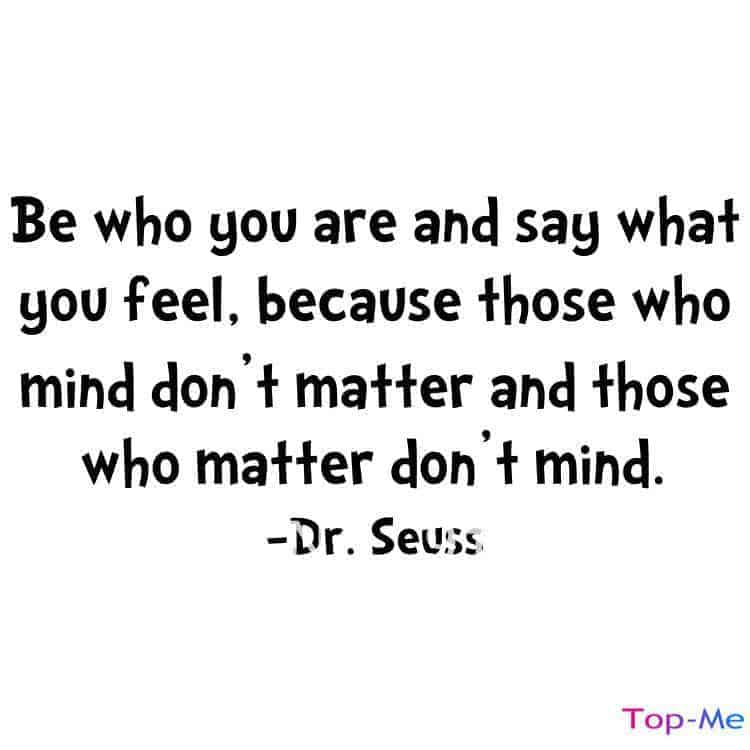What Do You Want?
In stories, it’s a writer’s job to make the journey for their characters tough. Heroes are meant to struggle; they need to be disappointed and discouraged so that readers can connect with and relate to them. Despite the challenges, the best protagonists persevere and find a way to overcome the obstacles written in their paths. In day to day life, however, the thought of facing challenges at every turn is far less appealing then just reading about setbacks in books. Sure we all struggle, but if I asked around I’m pretty sure the consensus would be that given the choice, we’d all prefer our days to go as smoothly as possible. With this in mind, if we’re committed to keeping the drama in our lives to a minimum, we need to start each day in the same way a writer begins a story; By answering one simple question: What does the hero (you) want? Then, unlike an author, we need to do everything in our power to make our earth minutes as obstacle free as possible. How? It’s easy; Say what you want, versus listing the things you don’t.
I wish I had a piece of Double Bubble for every time I’ve been asked a question and my immediate response was, “I don’t want to…or I’d rather not… ” I’ve also noticed that the more difficult or unreasonable the ask, the more long-winded my “I don’t” speech becomes. Being the science-minded creature that I am, I decided to figure out why when someone asks what I’m willing to do, I answer with the opposite.
I thought long and hard about my illogical behavior, and even considered the possibility that my negative replies were because I didn’t know what I wanted. But after more research I realized that wasn’t the case, not even close. In fact, in just about every scenario, I knew exactly what I wanted, but for some reason I found myself saying everything but that information. In fact, ninety-nine percent of the time I knew exactly what I wanted before I opened my mouth, which led me to the conclusion that my “I don’t want to” response was likely programming; a habit. To avoid becoming a permanent member of the doing the same thing again and again, and expecting a different result club, I experimented with an alternate approach; When asked a question, I resisted the urge to say what I didn’t want, and, instead, made an effort to begin every response with “I would like to…” (I want to…Here’s what I can do…I’m willing to…)
I have to be honest, it was kind of uncomfortable at first, in the way things are when you try something new. But with each subsequent conversation, I became a little more confident. When asked to volunteer, aware I was already booked a month out, I said, “I really want to help; I’m available in 30 days.” If I encountered people who had a flare for the dramatic, I found that saying exactly what I could do instead of what I couldn’t, kept conversations brief, with little time for escalation, keeping my irritation level low. When asked to do events on short notice, instead of scrambling or getting frustrated, I kindly, but clearly, stated how much advance notice I needed in order to be available, whether it was a week, a month, six months, or a year. This way, I didn’t feel pressure or become agitated, since it was clear what it was going to take to get our schedules together.
I’ve also found that the “I want” approach works famously with people who are having a difficult day. When I find myself on the receiving end of someone’s anger, frustration, bitterness, or resentment, I use time-tested “I want” replies. For example, I might say, “I really want to be surrounded by people who treat me with courtesy and respect.” Or “I want to be fair, so can you please help me understand why you’re acting this way?” Another one-liner that has served me is, “Here’s what I need, if you tell me what you need, then we can put our heads together and figure out a way we can both get what we want.”
Listen to yourself. When someone asks a question are you communicating what you want? Or are you defending what you don’t want? Consider how many times you feel frustrated because you think people don’t understand you or aren’t considering how you’re feeling? Are you giving them the information so they can relate to where you are, what you want to do and where you want to go? Or are you bombarding them with words that add to the confusion? In my experience, given clear, respectful communication, we can all get what we want.
E.L. Chappel author of Spirit Dance/Storm Makers/Coming soon: The Surge
Starting a “I don’t” jar—a dollar in the kitty for each slip up. (Fa-la-la-la-la…)
aka The Glamorous Wife

